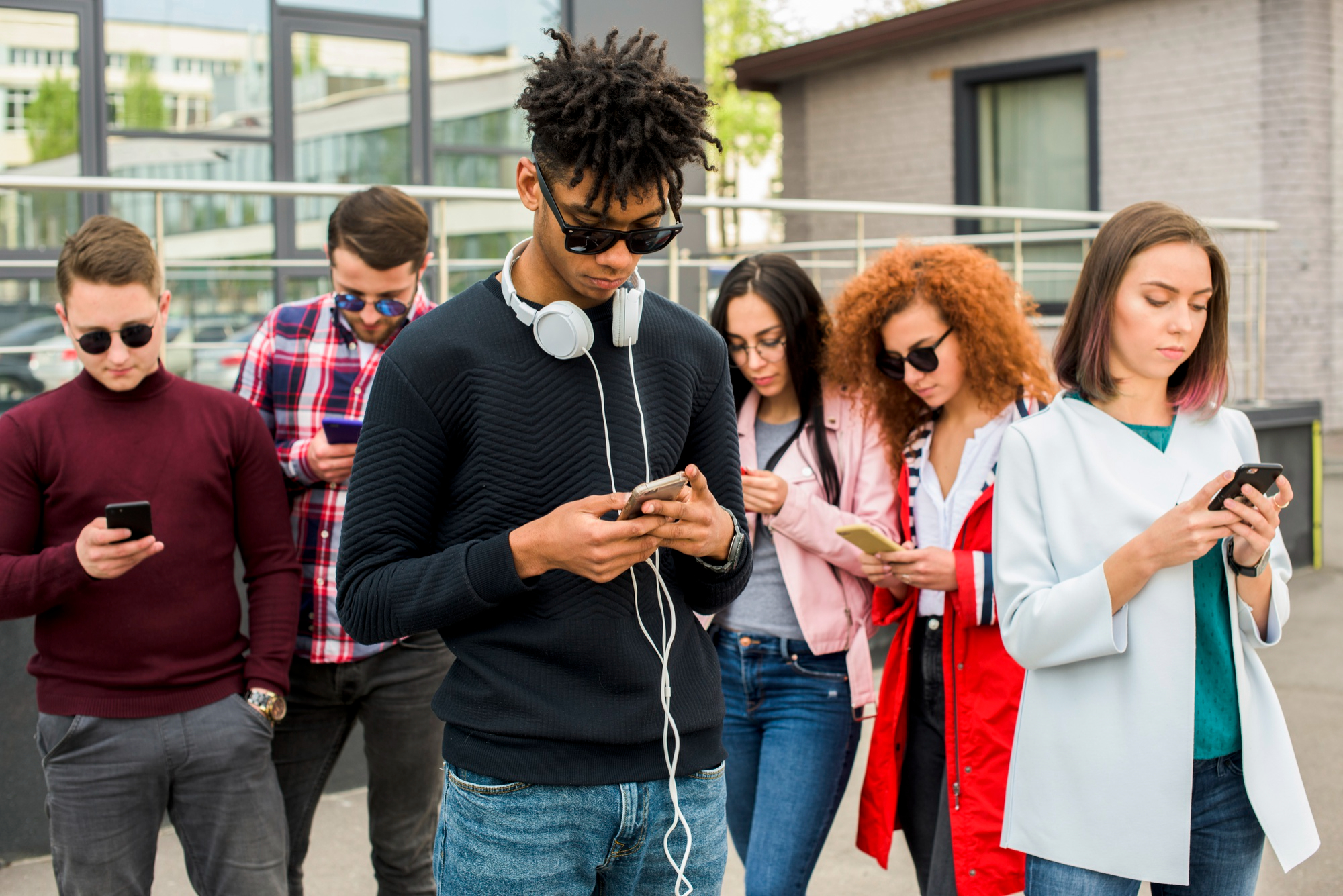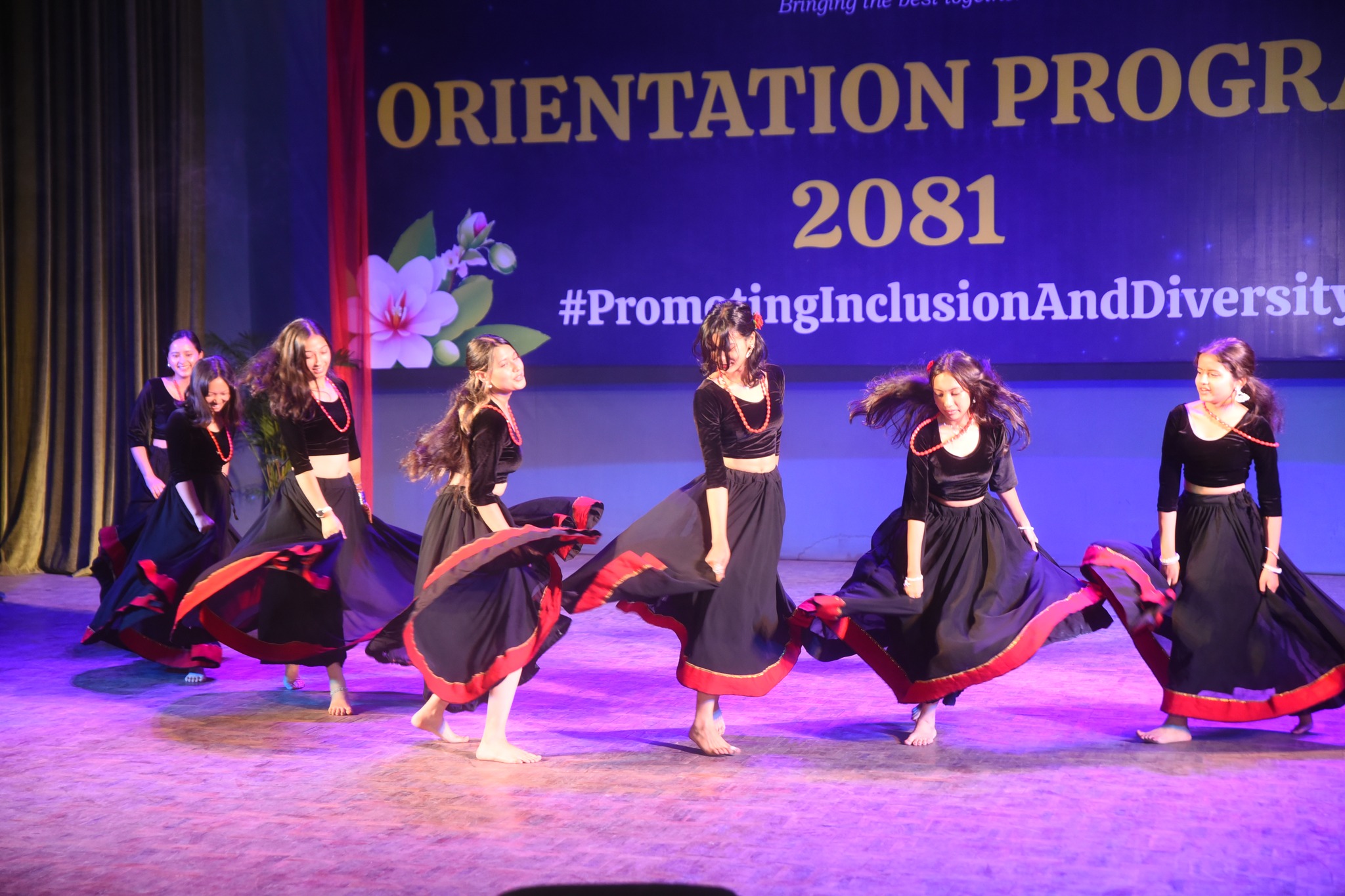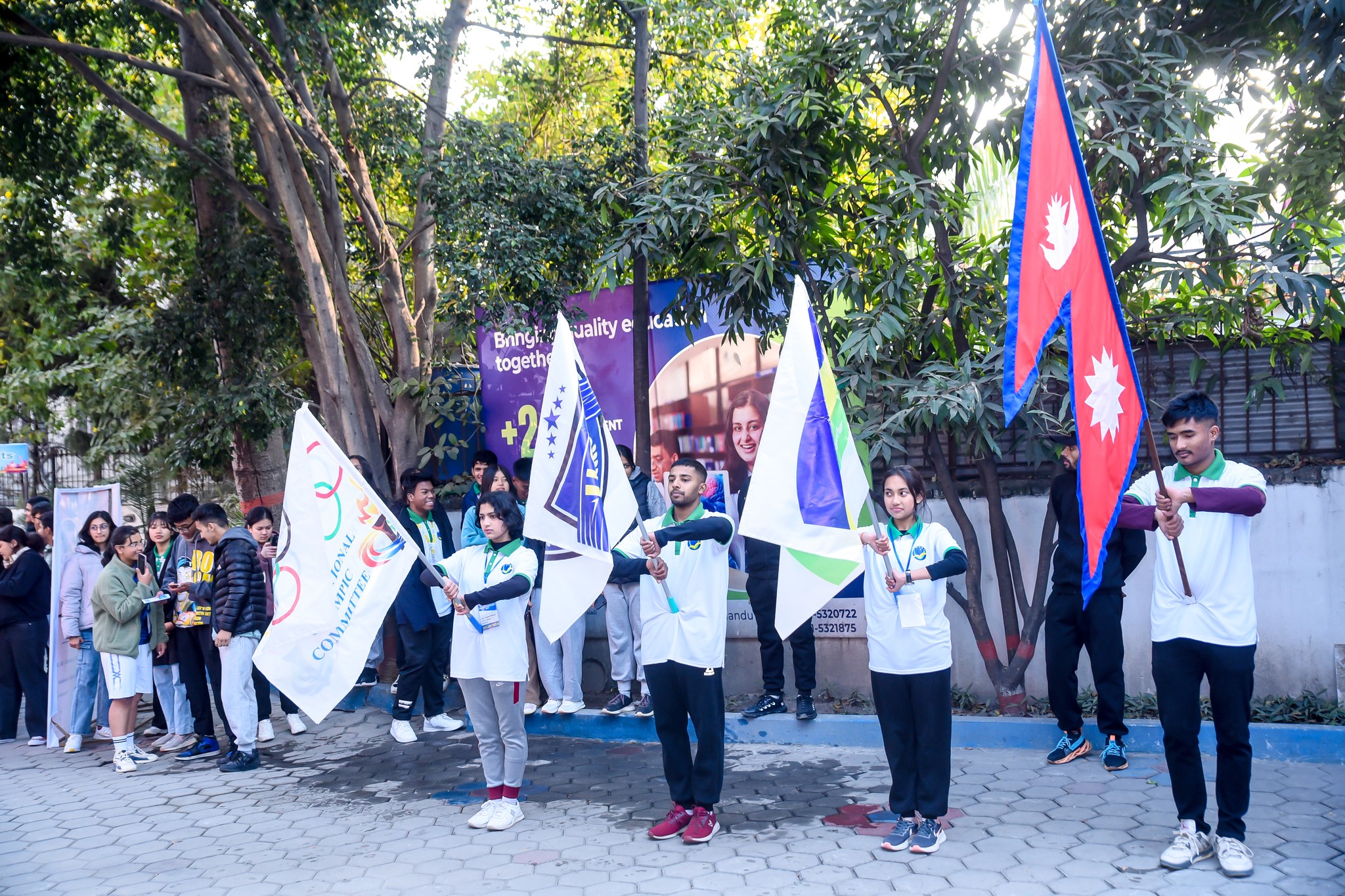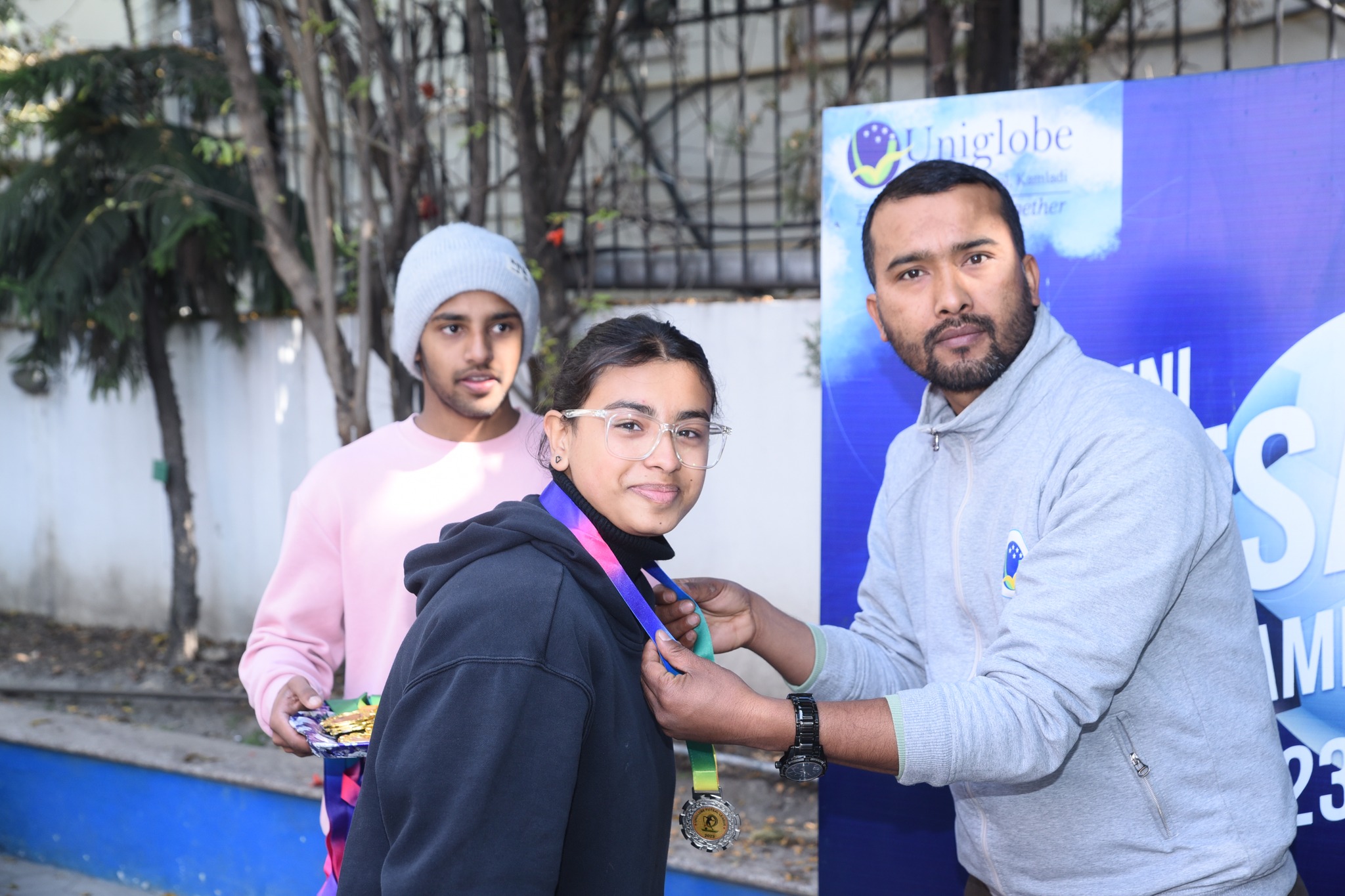As Gen Z (Generation Z) grew in a world more interconnected than ever, they were able to connect and learn various new things, which would have been impossible in the previous generations. But this has proved to be a boon and a curse at the same time as due to globalization and being deeply intertwined with each other, it also poses certain risks as this new generation is more prone to cyber-attacks, cyber-bullying which can impose a greater mental strain on them.
People have seemed to call this generation soft or otherwise “Snowflakes”, claiming that they get offended even over the slightest of minor inconveniences. But doing this will not solve any problems instead we must look at this critically and try to find out the root cause of this sensitivity and try to validate their points as things they say are true but are dismissed by the older generation as this “New-gen shenanigans”. Doing so would not only not solve the problem but can seriously impact their well-being. Older people must try to look at themselves in the mirror and think if what they thought to be true and “the way” can be right or wrong.
This current generation that is now growing up is being termed the “Ipad generation”, claiming that all they do is spend time on this device and are inseparable. These practices are sure to bring some dire repercussions in the future but if we talk about Gen Z, they are the “social media” generation who grew up in the growing phase of social media and are now living in the peak time of it.
There are various social media such as Facebook, Snapchat, YouTube, Reedit, discord, and many more but the most impacting for the current youth is undoubtedly Instagram. Teen boys and girls are especially prone to the ill effects caused by this app as they get a sense of insecurity and garner low self-esteem and in some severe cases lead to depression. For some, their life is revolved around how many of their followers viewed their story and how many liked their posts sometimes when the number of people who have viewed their story doesn’t match the amount of likes that they are getting, they start to feel bad about themselves and look at other people and make their current predicament even worse.
They start to view that their self-worth corresponds to the number of followers that they have and actively spend most of their precious time on Instagram while some spend hours going through reels. But some of them have started to know about this bad practice and got out of it but some left with some serious scars.
When asked to define their current mental health or well-being, only 15% of those polled in Generation Z indicated it was outstanding. According to the study, GenZers have reported negative emotions such as tension, anxiety, and loneliness.
This is a significant decrease from a decade ago when 52% of millennials in the same age range stated their mental health was outstanding, according to the research. Furthermore, in 2004, 55% of persons aged 18 to 26, including both millennials and Gen X respondents, reported having great mental health. There are also indications that technology helps younger individuals with access to supportive mental health resources. Respondents from Generation Z are more inclined than other generations to use digital wellness applications and mental health initiatives.
School shootings (primarily in the United States), student debt, joblessness, and even politics all contribute to Gen Z’s chronic stress. Technology also has a role. Growing up in a hyper-connected society can elicit deep feelings of isolation and loneliness in certain young people. It can also foster a continual drumbeat of bad news stories, a fear of missing out, and humiliation at falling short of a social media-worthy norm.
When it comes to gender and identity issues, Generation Z is more welcoming and inclusive. Discrimination and a lack of acceptance for gender identity or sexual orientation, on the other hand, might still lead to mental health issues. While still in some parts of the world and even in Nepal, people tend to shy away from this topic saying “Hya… Testo Chatake Kura Nagara”, there have also been some healthy and mature discussions related to this. And there is also some need for talk regarding gender identity and sexual orientation and their differences.
Finally, as Generation Z grapples with the potential and problems of an interconnected world, it becomes clear that their mental health is inextricably related to the digital ecosystem in which they live. With the advent of social media sites, particularly Instagram came with both connection and potential harm. While some negotiate these settings with grace and understanding, others wear the wounds of a never-ending quest for social approval.
By: Nhuja Manandhar (Science, G2)








